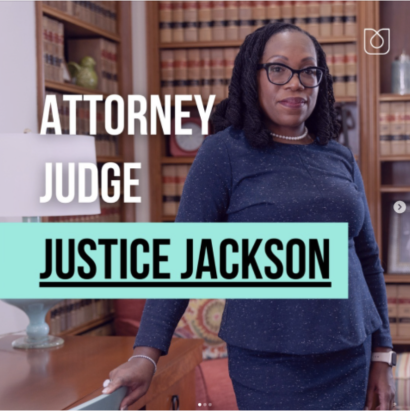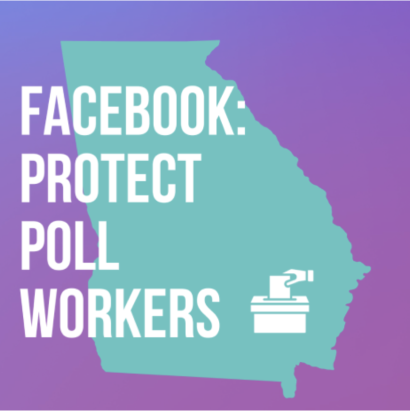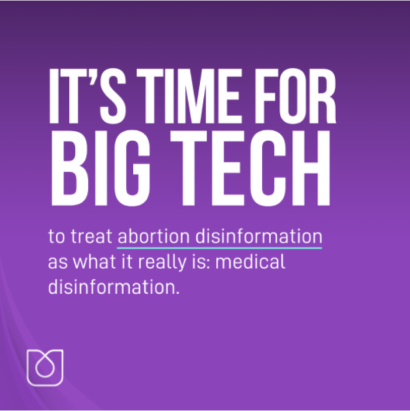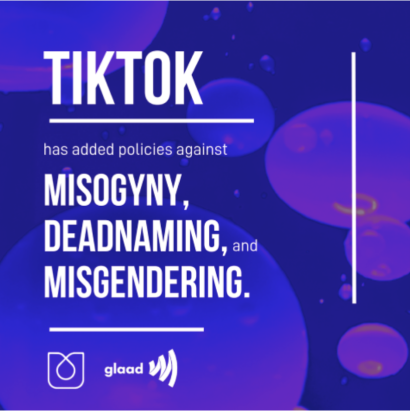Disinformation
Station
Our Vision
UltraViolet’s vision for a feminist internet is a place where all women, trans, and gender nonconforming people can:


Advocate for their communities and hold public office without fear for their personal safety and the safety of their loved ones.


Express their creativity and opinions without fear of censorship or harassment.


Access accurate information to be able to fully participate in our nation’s democracy and make decisions about their bodies and futures without any interference.
Our ultimate goal is to change business models to make promoting, profiting from, and incentivizing gendered disinformation costly to Big Tech and investors through strategic corporate accountability.
As long as Big Tech and social media corporations profit from gendered misinformation, disinformation, and malinformation, we will be playing defense to protect our communities. As leaders of the Women’s Disinformation Defense Project (WDDP), we are part of a national and global network aiming to create systems-level change and stop the spread of gendered and racialized disinformation. By implementing a harm mitigation strategy, UltraViolet is able to engage and scale our response to the urgent gendered disinformation.
Our Wins
The Threat
Far-right operatives are trying to create a hostile universe on the internet where the truth is relative and hate thrives. They manipulate facts in order to normalize racism and sexism and bully feminists online. There are real-life consequences for allowing these hateful lies to spread. Gendered and racialized disinformation campaigns have advanced the worst anti-abortion laws in the country and are among the biggest deterrents for Black, Indigenous, and women of color to seek and hold public office and advance progressive policy.
To protect the truth, our communities, and our nation’s democracy, we must confront this crisis with a coordinated communications and accountability strategy, both for social and traditional media.
mis·in·for·ma·tion
false or inaccurate information, especially that which is deliberately intended to deceive.
dis·in·for·ma·tion
false information deliberately and often covertly spread (as by the planting of rumors) in order to influence public opinion or obscure the truth.
mal·in·for·ma·tion
genuine information intended to harm individuals or groups, including leaks, harassment, and hate speech.
The Solution
Through our digital campaigns and trainings, UltraViolet:
- Gives grassroots and online organizers tools to stop the spread of sexist and racist lies.
- Pushes social media platforms to strengthen policies on hate speech and disinformation.
- Disrupts traditional media’s sexist reporting patterns.
- Launches cross-movement coordinated responses to the most harmful gendered and racialized disinformation narratives online.


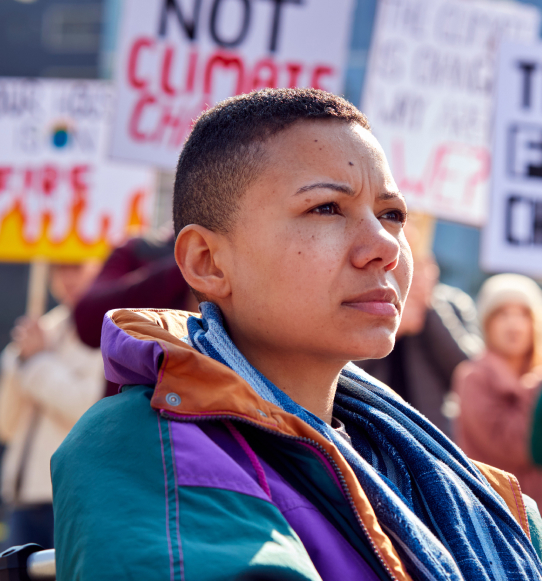
UltraViolet also leads the Women’s Disinformation Defense Project (WDDP). As a diverse coalition of feminist researchers, gender and racial justice advocates, social and traditional media experts, and progressive political organizers, we use a three-pronged approach to stopping the spread of sexist and racist misinformation, disinformation and malinformation.
Our Approach
Monitor & Analyze
Monitor gendered and racialized disinformation narratives that are tested and perfected in the manosphere.
Analyze disinformation narratives and sharing intel on potential threats with partners on the ground.
Narrative Campaigns
Offense/Inoculate: Crafting messaging and mobilizing messengers to distribute accurate, logical, and values-based narratives that prebunk disinformation before it reaches the mainstream.
Defense: Implementing UltraViolet’s threat matrix to appropriately scale rapid-response campaigns to debunk disinformation narratives that permeate the mainstream.
Accountability
Hold platforms, the mainstream media, and individuals who violate terms of service accountable for spreading gendered and racialized disinformation.
Do you work for a social media platform?

Give for survivor justice taking flight!
While Donald Trump and Pam Bondi want to change the subject, we refuse to let them off the hook for protecting predators. That’s why we're flying airplane banners to keep Trump’s ties to child sex abuser and trafficker Jeffrey Epstein in the news. Epstein’s more than 1,000 survivors deserve transparency and justice. Your gift today will keep the spotlight on Trump’s and Bondi’s deflections and center survivors in the public narrative!

